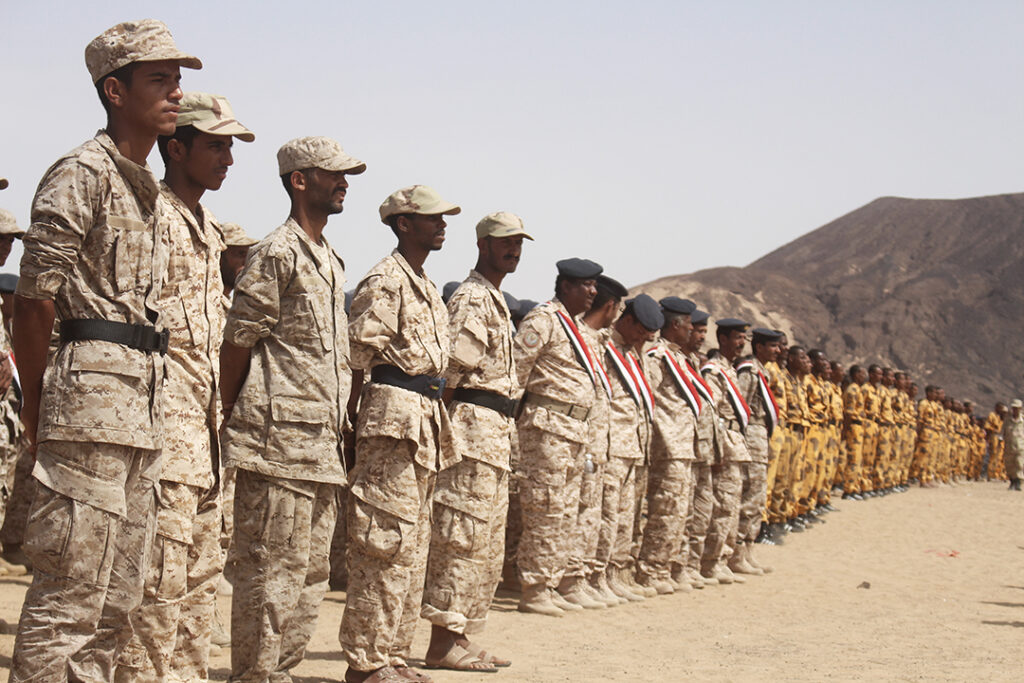MOAMMAR AL-ERYANI, YEMENI MINISTER OF INFORMATION
When the 75th session of the United Nations General Assembly opens in New York in September 2020, among the issues on the agenda will be Security Council Resolution 2231, by which the U.N. approved the 2015 Iranian nuclear agreement.
This year’s General Assembly and Security Council sessions coincide with a number of high-level activities that extend from mid-September to the beginning of October, including the celebration of the International Day for the Total Elimination of Nuclear Weapons on September 26.
Problematically, Resolution 2231 calls for the elimination of sanctions against Iran. We in the Arab world, and especially in Yemen, have pressing reasons in calling for the continuation of the sanctions.
Lifting the embargo on selling, supplying and transporting weapons and materials to Iran would represent a gift to the regime. It would allow Iran to spread chaos and terrorism in the region and provide it with financial resources to expand subversive activities. This would constitute an additional source of threats to the security and stability of the region and the world and a painful blow to efforts to establish peace.
In addition, the resumption of arms sales and supplies to Iran means pouring more oil on the fires of conflict in the region through the smuggling of weapons to sectarian militias and terrorist organizations that target energy installations and international shipping lanes and threaten regional and international security and peace.
The U.S. Defense Department revealed details of two Iranian-made weapons shipments that the U.S. Navy had seized in the Arabian Sea and which were on their way to the Houthis in Yemen. As U.S. Central Command spokesman Capt. William Urban noted at a media briefing in February 2020, cruise missiles and drone launchers were among the arms seized on the deck of an Iranian ship in November 2019 and were identical to those used in the attack on Aramco facilities in mid-September 2019.
Urban indicated that the interdiction of dhows at sea by the USS Forrest Sherman in November 2019 and the USS Normandy in February 2020 corresponded to a consistent pattern of ships used to transport weapons to the Houthi militia. According to the assessment, Iran is responsible for planning, organizing and manufacturing these shipments.
This is in addition to the Houthi militia’s use of mines and improvised explosive devices, which are banned by international humanitarian law. Iran has supported and continues to support this military technology, and its victims since the Houthis’ coup in 2014 include about 8,000 dead civilians, mostly women and children, and tens of thousands of permanently disabled amputees, according to a report of the Human Rights Information and Training Center issued in 2020.
People of the region have suffered greatly from the Tehran regime’s hostile policies and its support for chaos and violence generated by sectarian militias to undermine security and civil order in Arab countries.
Yemen and the Yemenis have paid a heavy price for Iranian interventions. These interventions have provided the Houthi militia with military technology such as ballistic missiles and drones and with experts in the manufacture of mines and explosive devices. They have also included efforts to transform Yemeni territory into a base to target neighboring countries, threatening energy sources and international shipping lanes in the Red Sea and the Arabian Sea and controlling the Bab el-Mandeb strait.
Other Arab countries such as Iraq, Lebanon and Syria — as well as the wider region and the world — have paid a heavy price for the hostile policies adopted by the Iranian regime and Revolutionary Guards since the Khomeinist revolution. Iran has attempted to export its revolution and impose control over countries through force of arms, sectarian militias and the spread of extremist, terrorist ideology.
The international community has a duty to act in accordance with the principles of the U.N. Charter to maintain international peace and security, put an end to the threat to world peace, apply the principle of noninterference in the internal affairs of states and protect nations’ independence and sovereignty.
The international community has a duty to confront terrorism and prevent the sale and export of weapons to the Iranian regime — weapons that no doubt would wind up in the hands of sectarian militias and terrorist organizations, including the Houthi militia, which would use them to kill more Yemenis and undermine efforts to end the war in Yemen and bring peace to the country.

